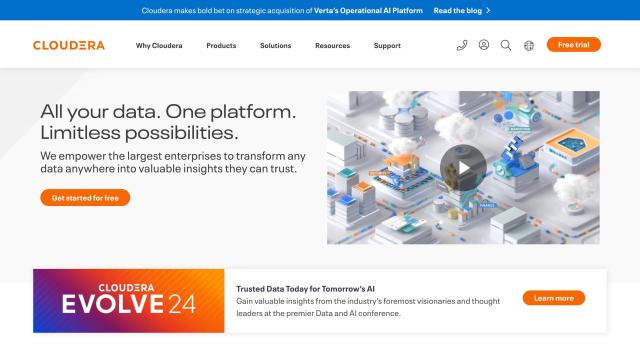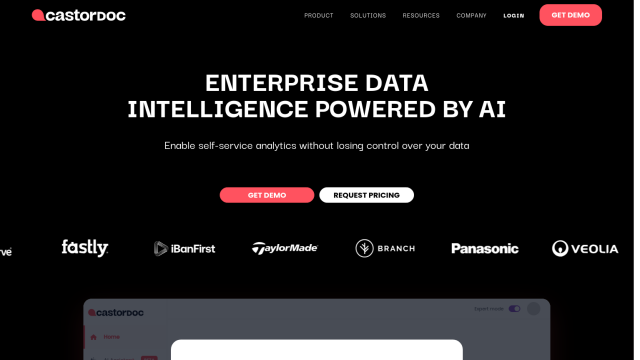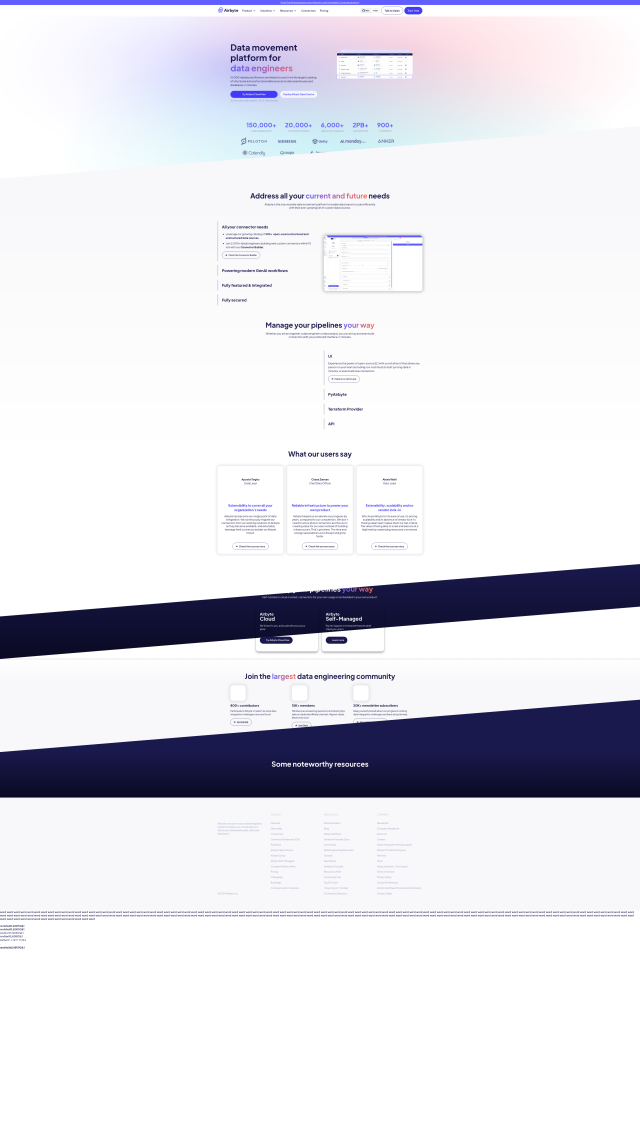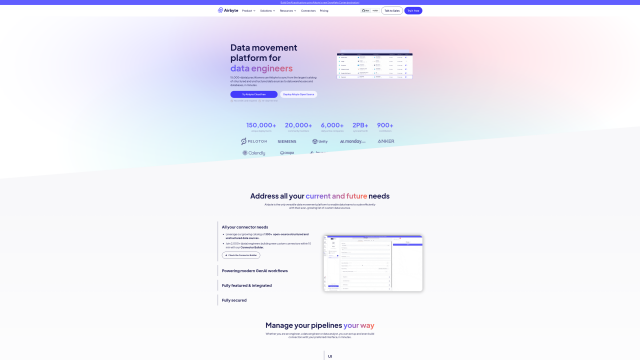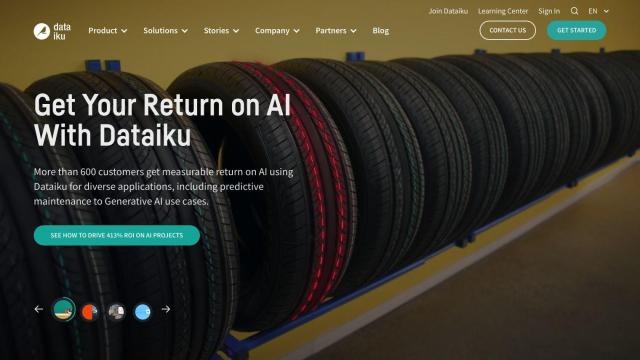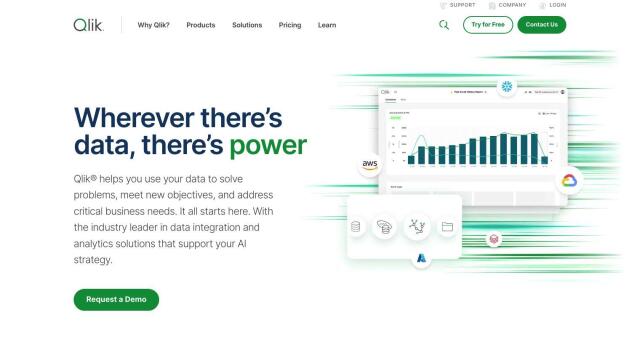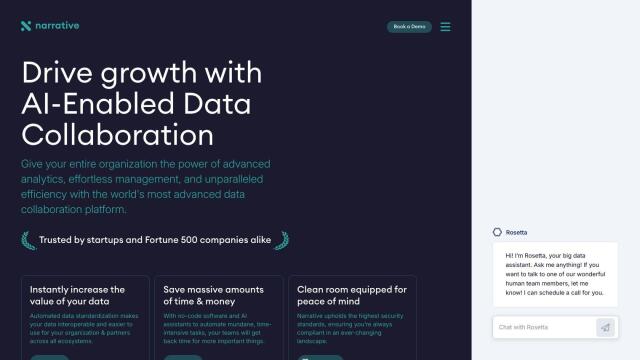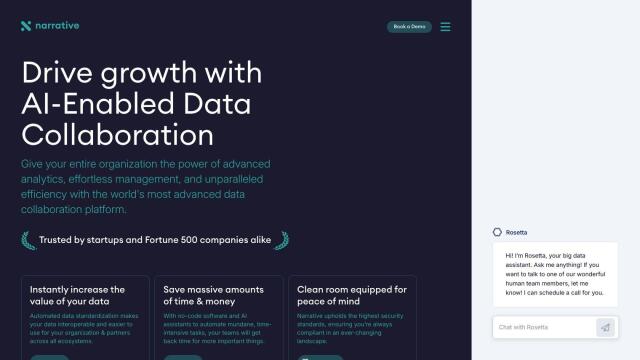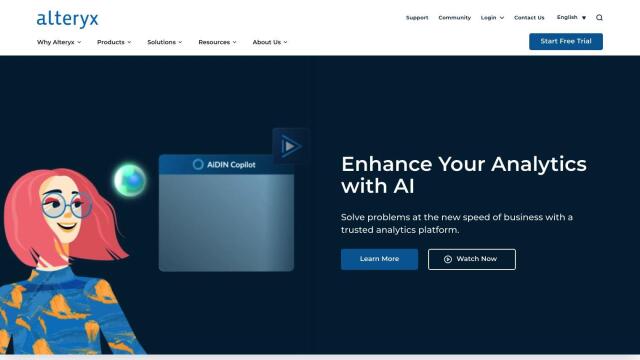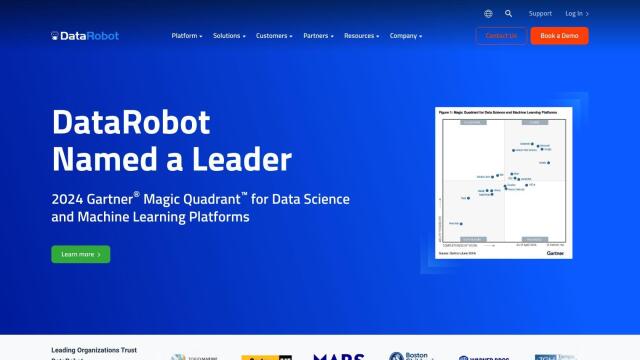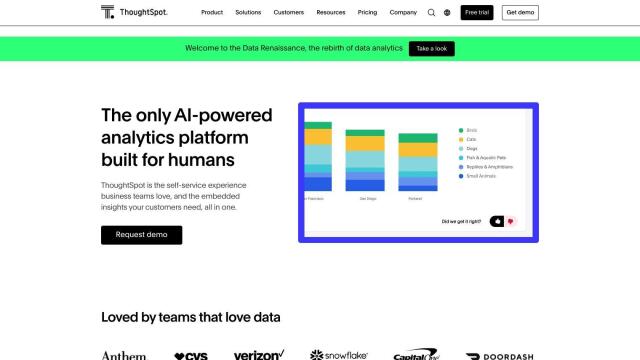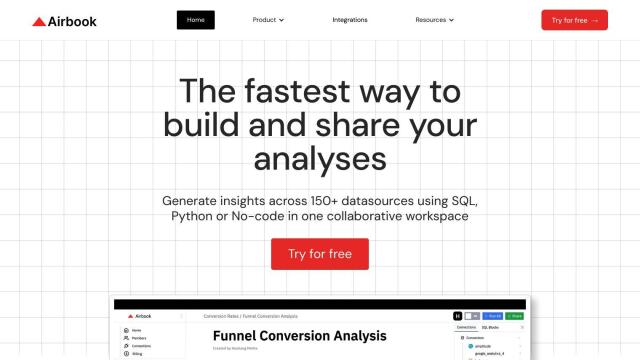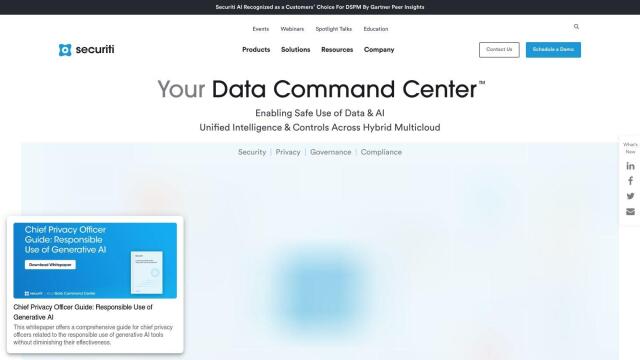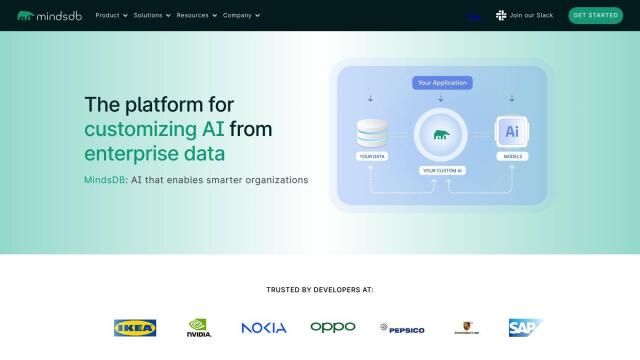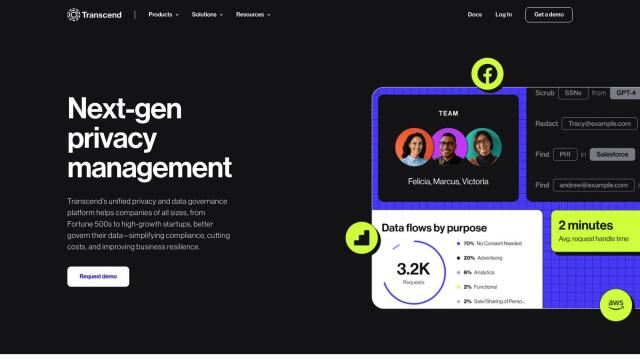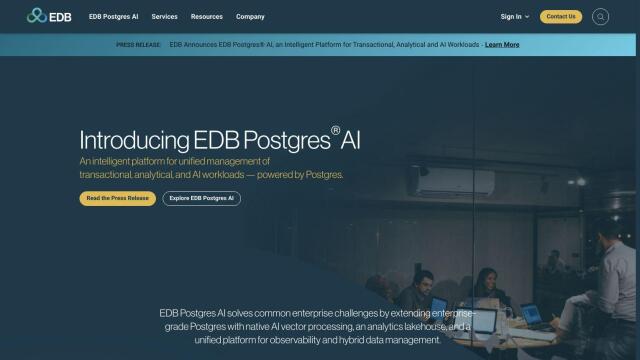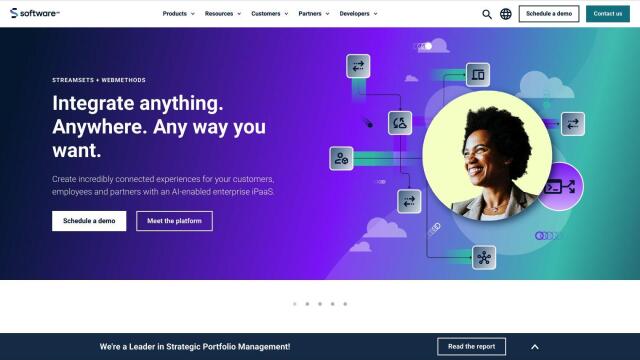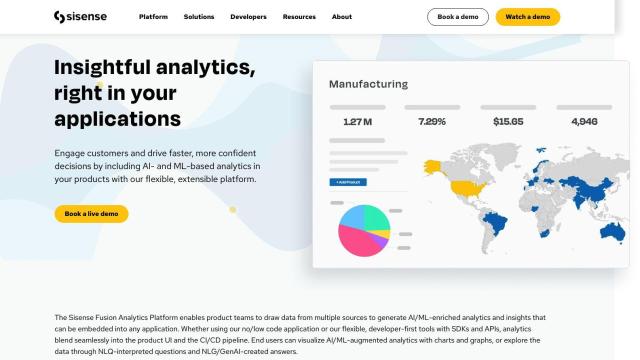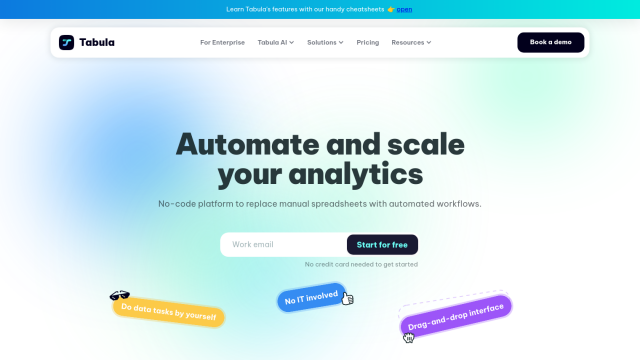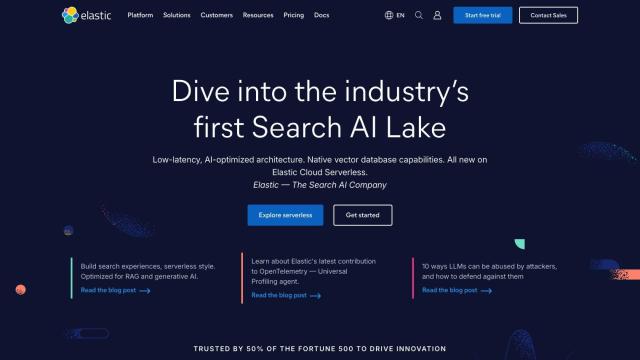Question: I need a solution that automates data discovery and curation across multiple sources, can you suggest something?

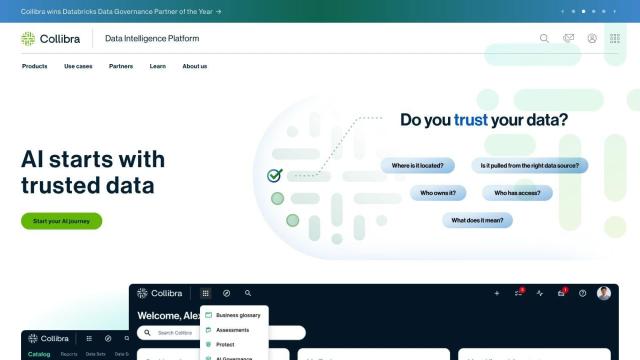
Collibra
If you're looking for a way to automate data discovery and curation across many sources, Collibra is a good choice. This data intelligence platform has a wide range of data management tools, including data catalog, data governance and data quality monitoring. It can handle integrated data management, policy enforcement and AI use case management, freeing up humans from repetitive tasks and giving you a unified view of your data assets. Collibra's architecture is designed to be flexible and scalable, so it can accommodate a variety of use cases like data analytics and AI model development.

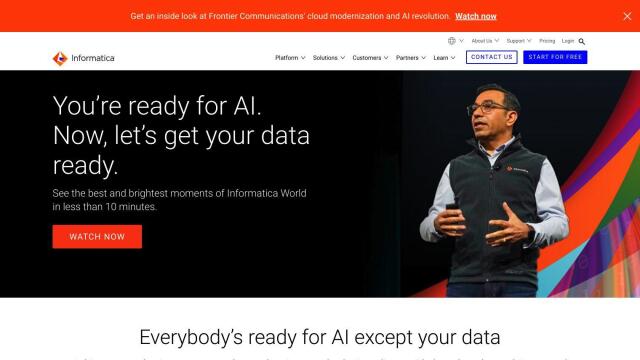
Informatica
Another good choice is Informatica, a cloud-based, AI-infused data management system that links and integrates data across multi-cloud and hybrid environments. Informatica's features include data catalog, data integration and governance, as well as cloud connections and a secure data processing foundation. Its AI engine, CLAIRE, automates data integration tasks so data is more easily accessible and more useful for AI.

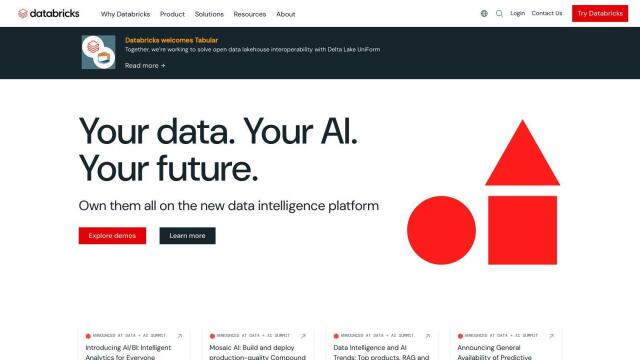
Databricks
Databricks is another good option, combining generative AI to link data, analytics and governance. Built on lakehouse architecture, it offers unified data management with tools for ETL, data ingestion and business intelligence. Databricks has a broad range of integrations and is designed to democratize insights and to run affordably.

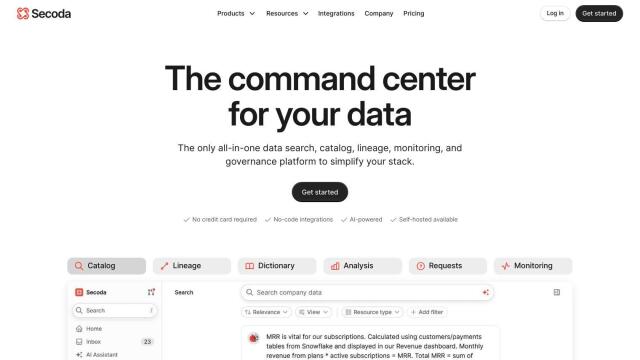
Secoda
If you prefer a more streamlined data management experience, Secoda combines data catalog, lineage, governance and monitoring into one tool. It has AI-powered search, automated workflows and a data requests portal for fast and contextual search across all data sources. Secoda integrates with common data tools and has strong security, too, making it a good option for better data governance and productivity.

